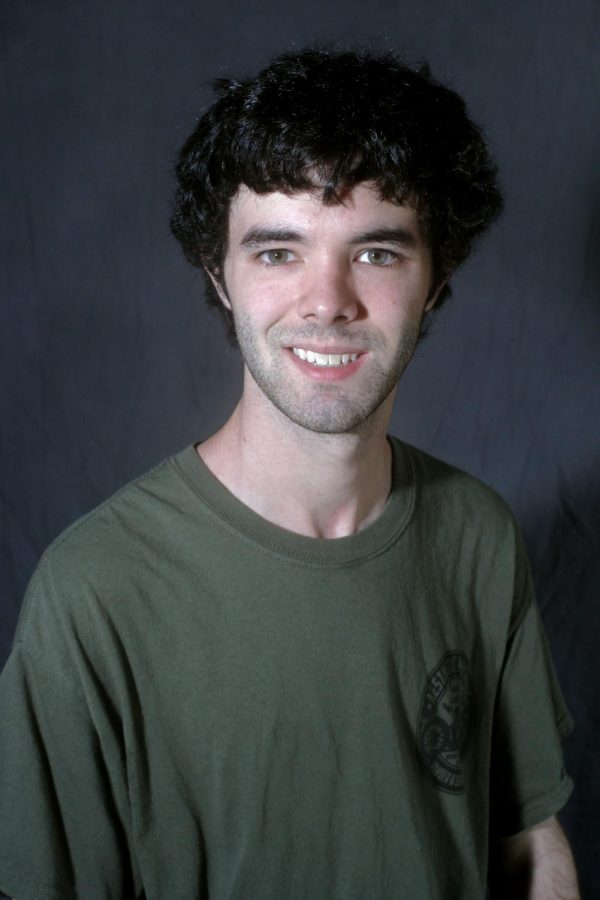Now Playing: ‘The Longest Ride’ isn’t a misnomer
April 14, 2015
The latest Nicholas Sparks adaptation, “The Longest Ride,” gives us not one, but two unendurable romances. In the true Sparks fashion, both of these connected stories are schmaltzy to the extreme and as predictable as the sunrise.
When Sophia (Britt Robertson), an art student from New Jersey meets bull rider Luke (Scott Eastwood), opposites attract. Both characters have vastly different ambitions that threaten to pull them apart.
On their way back from a date, they find Ira Levinson (Alan Alda), who had a heart attack in his car. When Sophia visits him in the hospital she reads the old man letters he wrote to his wife during the 40s, even though he saw her every day and thus had no reason to write them.
Through this contrived plot development, we learn about Ira and his deceased wife, a Jewish refugee from Nazi-occupied Austria. Unlike the main romance in the movie, Ira’s story has a lot of potential— it just goes unfulfilled. It would have been interesting to see how World War II and the Holocaust affected him and his wife, but we get almost none of that. Instead, their story feels like the first ten minutes of Pixar’s “Up,” albeit far longer and with nowhere near the same level of emotional impact.
The movie seems to be trying for a theme about the universality of love or something, but the two stories are so awkwardly mashed together it doesn’t work. Both romances tie together in preposterous ways that wreck the suspension of disbelief. The film overplays its hand, constantly trying to shove sad sentimentality down our throats, rather than just letting the events of the movie speak for themselves.
Long, dull and overloaded with clichés sure to set your eyes rolling, “The Longest Ride” is a lot to slog through, though fans of these movies surely won’t mind.





















